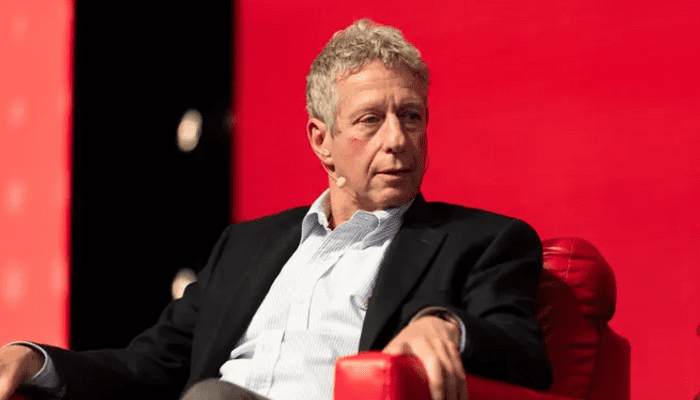Let’s cut to the chase: NPR’s newly-minted CEO, Katherine Maher, was a no-show at Wednesday’s House hearing on the liberal bias of public radio. As NPR whistleblower Uri Berliner lifts the lid on what’s really going on, we can’t help but ask: where was Maher?
Berliner, who courageously blew the whistle on NPR’s left-leaning tendencies, lambasted Maher’s absence at the crucial hearing. She cites an all-day Board of Directors meeting as her excuse, yet it’s puzzling she still found time to submit written testimony. Her claim? That NPR is serving “trusted, reliable, independent news and information of the highest editorial standards”.
Berliner begs to differ. Using an analogy most of us can relate to, he compared Maher’s statement to a pledge drive. Like the false promises we’ve all heard during these fundraisers, Maher’s assurance felt empty, devoid of credibility. Berliner challenged Maher’s role and suitability for her position amidst her failure to show up for the hearing.
Yet, the predicament doesn’t stop there. Berliner debunked Maher’s claims that she doesn’t meddle with the newsroom’s content. He expressed disbelief at her assertion of a “firewall” separating the newsroom from the CEO’s influence. He didn’t mince words when recounting how Maher publicly addressed the damage caused by his revelations, thus breaking her so-called firewall.
Berliner pressed on, calling out NPR’s significant shift in audience over time. Once mirror-like in its reflection of America, the station became a platform exclusively serving a niche, progressive audience. Katherine Maher, according to him, must address this issue.
Despite these criticisms, NPR’s board apparently deems Maher a fitting representative of their ‘progressive’ ideals. Their decision leaves us questioning their values, especially in light of Maher’s support for controversial figures like election-denier Stacey Abrams.
Berliner’s grievances drew attention at the Dissident Dialogues festival. His revelations suggest that he had hoped Maher, who took charge in March, could usher in fresh perspectives and meaningful change. Alas, Maher’s public rebuke of him dashed those hopes, violating what he believed was a firewall protecting the newsroom’s integrity.
This entire controversy sparked significant backlash against NPR. But instead of addressing the criticism, NPR reporter Brian Mann dodged critics, accusing them of not listening or fabricating claims. Such a response only serves to fuel distrust towards NPR’s commitment to transparent reporting.
In conclusion, Berliner’s openness about NPR’s inward turn has raised much-needed questions about the radio network’s direction. Yet, the absence of a leader willing to confront these concerns is troubling. In a time where trust in media is more critical than ever, let’s hope NPR finds the accountability it’s missing.



